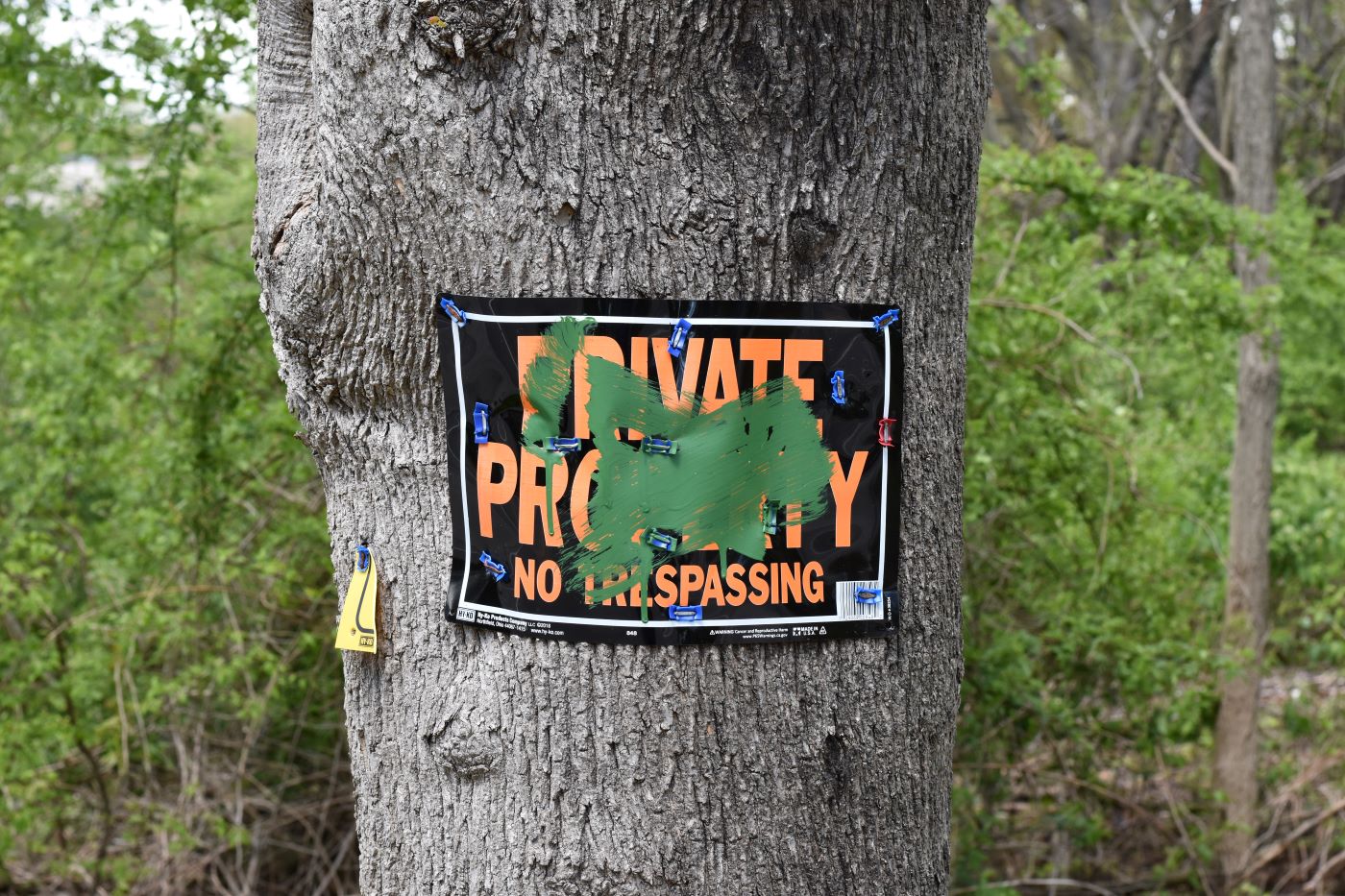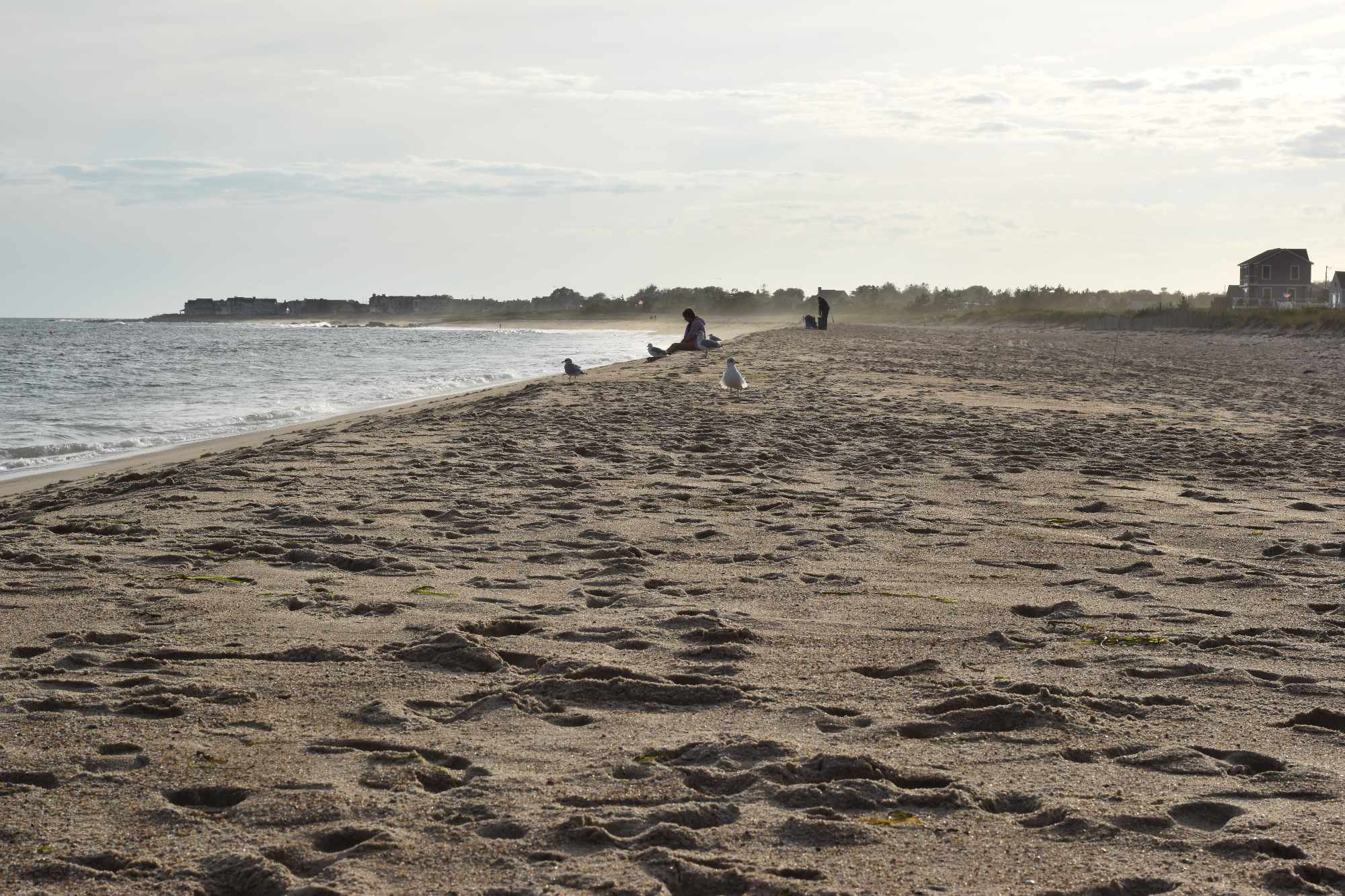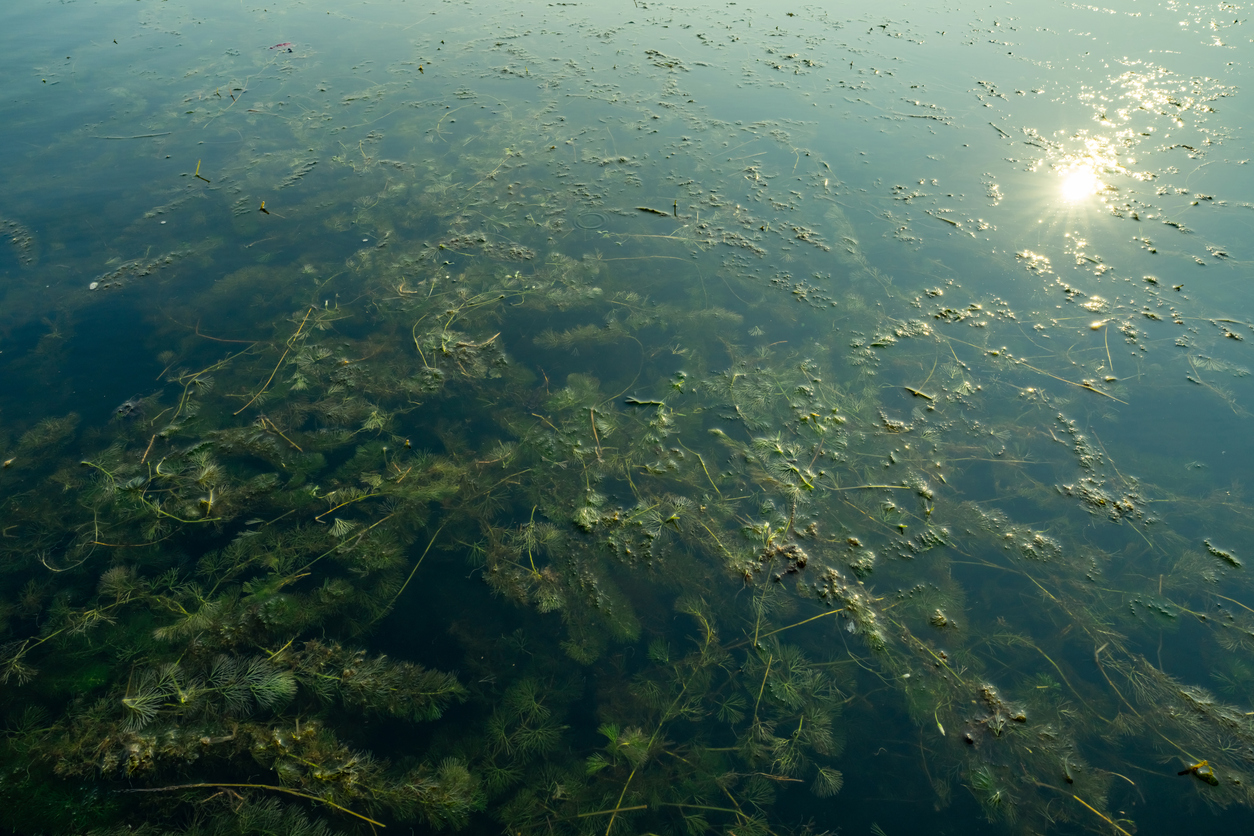About 65% of R.I. Water Systems Report PFAS Results Ahead of July 1 Deadline
Public water systems that do not meet the deadline will face penalties
June 28, 2023
As of June 27, about 35% of water systems in the state had not reported results of forever chemical testing to the Rhode Island Department of Health ahead of the July 1 deadline.
A state law passed last June requires water systems to test for per- and polyfluoroalkyl substances (PFAS), which are found in firefighting foams, food packaging, and waterproof clothing and are linked to several cancers, fertility issues, and developmental delays in children. It also requires a new interim drinking water standard of 20 parts per trillion (ppt) of PFAS.
According to RIDOH spokesperson Joseph Wendelken, 64% of community water systems and 65% of non-transient non-community water systems have reported their results.
A community water system has at least 15 connections servicing year-round residents, while the other type of non-community system services at least 25 of the same people over six months per year, such as a school or workplace.
Wendelken noted that RIDOH expects to receive more results in the coming days.
“RIDOH is working closely with public water systems to maximize compliance with the law, including covering the cost of PFAS samples taken before July 1, 2023, on a first-come, first-served basis and providing sampling guidance,” Wendelken wrote in an email to ecoRI News.
Public water systems that do not meet the July 1 deadline will receive violations, and could face other penalties, per the enforcement components of the June 2022 law.
RIDOH has not yet release a list of systems that have or have not submitted sample results because “those lists are still in flux,” but plans to do so after the deadline, Wendelken wrote.
ecoRI News has previously reported that testing is expensive and sometimes difficult to do accurately.
“What clothes the sampler is wearing, you know, what kind of a writing pen they’re using, all this stuff can impact your sample results inadvertently,” Tim Cranston, the water director for North Kingstown, told ecoRI News last fall, after finding that a water source in his town had higher than expected PFAS levels, prior to the passage of the new interim drinking water standard.
Wendelken reported that some samples have come back with high positive results for PFAS, above the interim standard, but in accordance with state law, those public water systems will have to take a second confirmation sample. The first sample and confirmation sample results are averaged to determine whether it exceeds the standard.
Categories
Join the Discussion
View CommentsRecent Comments
Leave a Reply
Related Stories
Your support keeps our reporters on the environmental beat.
Reader support is at the core of our nonprofit news model. Together, we can keep the environment in the headlines.
We use cookies to improve your experience and deliver personalized content. View Cookie Settings




And then : how much pFAS and pFOA in our precious shellfish and fish in places like Ninnigret Pond. Yikes! I’m not sure RIDEM is ready for that challenge. What a bummer.